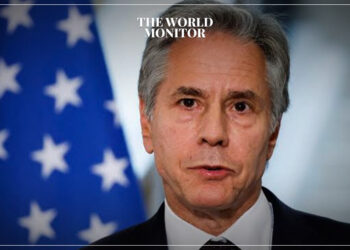Abdulhamid Dbeibeh, the head of Libya’s interim unity government, stated that the country’s economy is “very good” and doesn’t require any exceptional measures, implicitly addressing the proposed actions by the Central Bank, especially regarding imposing a tax on foreign exchange rates. In a recorded statement broadcasted on the “Our Government” platform via Facebook on Monday evening, Dbeibeh indirectly responded to statements made by the Governor of the Central Bank of Libya concerning the spending of his government.
Dbeibeh emphasized the government’s rejection of imposing a tax on exchange rates, warning of the “negative effects” such a tax would have on Libyan citizens. He stated that the figures released by the Central Bank of Libya indicate that the government has poured more than $75 billion into the central bank’s accounts, equivalent to what successive governments have provided over the past 6 years, noting that the government achieved around $22 billion in 2021 alone.
Dbeibeh highlighted that the inflation rate decreased from 5% in 2021 to 1.8% in 2023, contrasting Libya’s situation with other countries experiencing inflation hikes. He also noted that Libya’s foreign assets increased to 404 billion dinars by the end of 2023, a 16% rise from the end of 2021, stating that this reserve is substantial and sufficient for years to come, unlike neighboring countries. Dbeibeh stated that Libya’s foreign cash reserves amounted to $84 billion, which is adequate for years to come.
In February, the Governor of the Central Bank of Libya, Saddek El-Kaber, sent a letter to Dbeibeh questioning how salary and grant increases could be justified amid an expected decline in revenues to 115 billion dinars in 2024.
El-Kaber warned against expanding expenditure, stating it may satisfy certain groups in the short term but conflicts with principles of financial sustainability and safeguarding the rights of future generations.
He highlighted that state expenses reached nearly 420 billion dinars from 2021 to the end of 2023, most of which were consumptive, leading to pressure on the Libyan dinar exchange rate.






